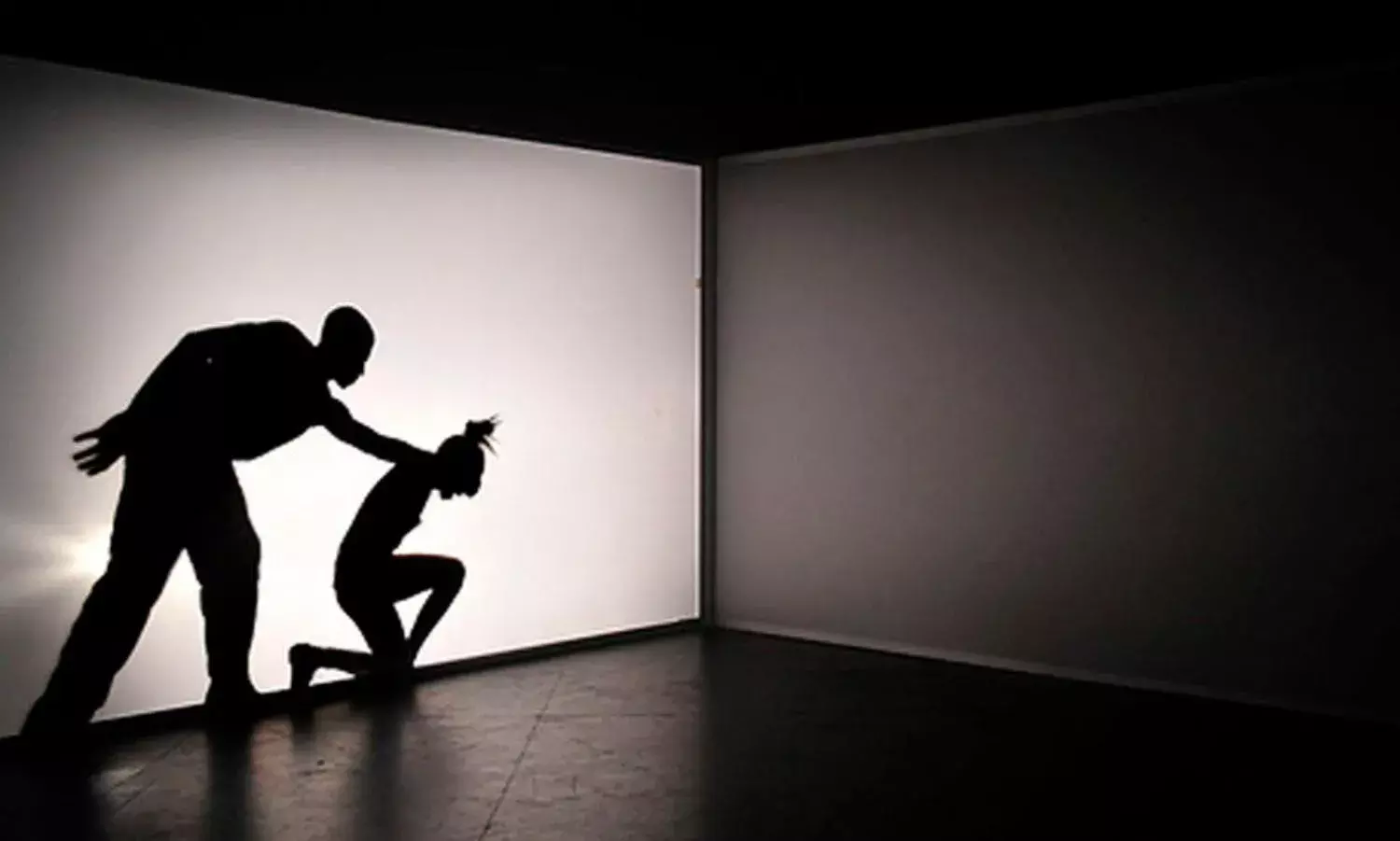Toxic Masculinity and Rape Are Part of an Even Larger Culture of Exploitation
Harassment will end only if we abolish exploitative society

The #MeToo movement in India has sent dozens of powerful players into exile. But the social hierarchy that determines whose voices are heard and who is believed is quite complicated. A disappointing element of #MeToo is how the hashtag claims to be about empowering women to speak out, when actually it is turning women into perpetual victims. It was supposed to be about empowering women, not infantilising them.
In fact, it seems that the movement in India is limited only to women, as only one male Bollywood actor has complained of sexual harassment. And women who put up with sexual harassment and kept mum about it for years, protecting the perpetrators, are hailed as strong, powerful feminists. Whereas women who spoke out and dealt with sexual harassment forcefully at the time, and then moved on with their lives, are derided as rape apologists.
This is not what feminism was supposed to be about. The MeToo movement has failed on several grounds and does not address the root cause of sexual exploitation.
The Marxist scholar and psychiatrist Frantz Fanon pointed out how countries that had been under colonial rule, exhibit the traits of colonialism in the coming generations even after getting independence. The people often mimic the ‘whites’ and conform to colonial tastes in order to extol to the ‘white’ culture.
The current wave of the Indian MeToo movement appears to be an imitation of the movement that started with Harvey Weinstein in Hollywood. The MeToo invisibles have been overlooked in favour of celebrities, because we glorify the aristocracy Bollywood has created, where Upper Caste reigns and fair colour and fame make one special.
The current MeToo movement in India is limited to an urban elite and a very small part of the population. The movement has fallen into predictable patterns of exclusion and omission, of separate but equal nonsense, as it favours one type of survivor and neglects the other. Instances of sexual harassment have been going on a long time with Dalit and tribal women, but the majority of the women that have spoken out are from upper caste and privileged backgrounds.
We proudly stand by Tanushree Dutta and Kangana Ranaut, but we ignore women who are victims of the same and work as domestic helps in our home because we assume it’s normal for them. The millions of women who don’t fit in the categories of Upper Caste and wealthy could tell you as much. But what we see on Twitter and Facebook is a segment of India's urban elite English-speaking population speaking out.
Without resolving the intersections of caste and patriarchy, no specific MeToo campaign will have any meaning in the lives of women belonging to under privileged backgrounds. The problem of sexual harassment won’t be stopped by a small number of articulate, educated journalists and female actors coming forward to write accounts of how they were abused by predatory men. The women and little girls who are truly voiceless in India will remain voiceless.
There is hardly any outrage when Dalit and tribal women call for dignity and justice or when upper castes parade them naked, often with police support. The selective outrage that is on display today by some privileged sections of society is questionable. MeToo has no room for the women for whom rape in the fields is a daily occurrence.
The MeToo movement has been a powerful force for exposing toxic masculinity and rape culture, but we must also come to understand that toxic masculinity and rape culture flourish within an even larger culture of exploitation.
In exploitative societies such as ours there will always be harassment and assault against the underprivileged, which will cease to exist only if we abolish exploitative society. The MeToo movement will make only a marginal difference since MeToo activists never address flaws in the social structure.
Sexual harassment will change its forms in various professions. Gender, race, and social class imbalances of power are created and perpetuated by capitalism, which coerces people to tolerate and hide monstrous behaviour, because they may profit from it. As a consequence, open secrets persist because sexual harassment and assault are underreported.
Capitalism organises most enterprises’ production of goods and services into two fundamentally unequal positions: employer and employee. The former is typically positioned exclusively to decide what gets produced, and when, in each enterprise. The employer-employee structure of capitalist production, with its attendant hiring and firing of employees, exposes the abusive potential of all market exchanges.
Inside households, the same capitalist class structure morphs into a feudal class structure which shapes the work experience there.
Gender roles also have a particular relationship with feudal class structures. Sexual exploitation is inherent in an exploitative society because every object and every relationship is turned into a commodity, for purchase or sale. Men who have money or power often regard a woman's body as an object for satisfying their desire. Waitresses suffer sexual assaults by bosses, managers or potential tip-giving customers and aspiring actresses agonise over assaults or sexual demands from producers and directors. Oppression is a necessary byproduct of the rule of capital.
Exploitation is the method by which the ruling class robs workers of surplus value; the various forms of oppression such as sexism, racism, and homophobia play a primary role in maintaining the rule of a tiny minority over the vast majority.
A boss may give threats of dismissal or allurements of promotion to a subordinate female employee, particularly where she has no job security. Wide disparities in wealth among individuals in society, such as those we have in India today, make sexual harassment and molestation inevitable.



